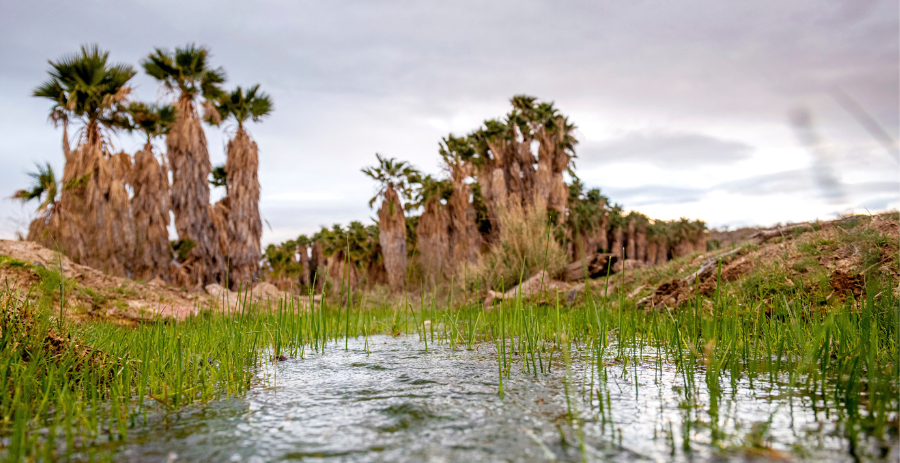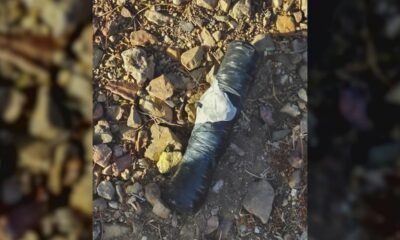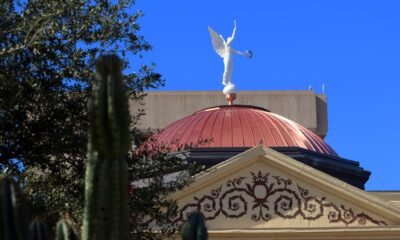arizona
Arizona Tribe Battles to Protect Sacred Lands from Lithium Drilling

PHOENIX (AP) — Members of the Hualapai Tribe are urging a federal judge to continue a temporary ban on exploratory drilling for a lithium project proposed near lands significant to their religious and cultural practices.
Scheduled testimonies will take place Tuesday in U.S. District Court, where tribal leaders will speak before the judge who sanctioned a temporary restraining order last month. Outside the courthouse, demonstrators are expected to gather, emphasizing the tribe’s position.
This case highlights ongoing tensions between Native American tribes, environmentalists, and the Biden administration, as green energy initiatives confront culturally important lands. The Hualapai Tribe seeks a preliminary injunction to extend the ban on activities at the site, located between Phoenix and Las Vegas, amid concerns regarding inadequate assessments by the federal Bureau of Land Management on potential impacts to sacred springs known to the tribe as Ha’Kamwe,’ which translates to “warm spring.”
These waters have long been vital for healing and prayer among the Hualapai people, as detailed in their court documentation. In contrast, Arizona Lithium Ltd., the company behind the drilling project, disputes these claims, asserting that considerable evidence indicates lithium exploration serves a significant public interest as the nation addresses climate change.
Arizona Lithium’s proposal includes 131 drilling sites spanning nearly a square mile (2.6 square kilometers) to gather samples aimed at determining the viability of mining lithium, a critical component in electric vehicle batteries. Last year, another significant lithium project, the Thacker Pass mine in neighboring Nevada, faced legal challenges alleging environmental harm to sacred lands.
Meanwhile, federal land managers are preparing to release an environmental review for a lithium mine proposed by Ioneer Ltd. near Reno and Las Vegas. Although there has been no legal action from local tribes regarding this project, the Center for Biological Diversity has indicated potential legal challenges due to risks to an endangered wildflower.
In the Hualapai’s ongoing case, the tribe has articulated concerns about the detrimental effects of noise, dust, and vibrations from the proposed drilling, arguing these factors could fundamentally alter the culturally significant landscape and hinder ceremonial activities.
“Ha’Kamwe’ and the Big Sandy area are indispensable to the Hualapai people’s culture. There are no alternatives that can replace these sites,” lawyers asserted in a recent court filing. They, along with environmental advocates from Earthjustice and the Western Mining Action Project, contend that the approval process for this drilling violated key legislation, including the National Historic Preservation Act.
Government attorneys counter that the tribe must provide substantial evidence of imminent harm to justify the injunction. They argue such a delay in exploration would not be in the public interest.
Supporters of the Arizona Lithium project, notably the Navajo Transitional Energy Company, consider it a step forward in advancing a clean energy economy, having announced their involvement in 2022. In response, the Hualapai Tribe countered that benefits linked to renewable energy from the project are speculative, as mining proposals remain unsubmitted.
The tribe further claims that federal consultations regarding the project overlooked the inclusion of the sacred springs as part of the affected area, thereby undermining their cultural significance.


















